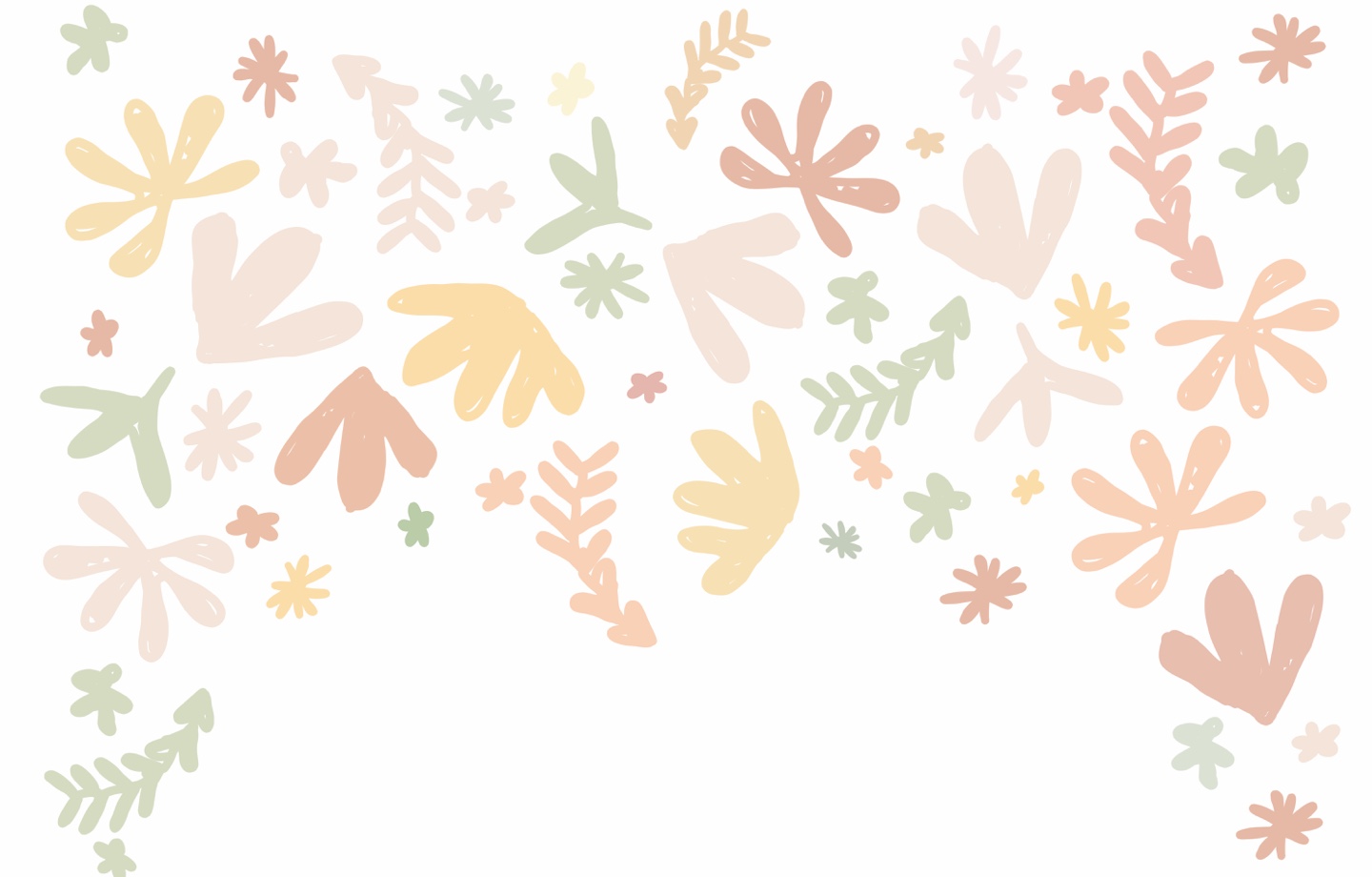Practicing sustainability means doing more with less. Here’s how to live more sustainably this year with 6 easy steps to help foster a healthier planet.
Don’t stress yourself out by trying to make every change all at once. This guide offers a few ideas to incorporate into your routine and create some mindful habits.
Practicing sustainability means doing more with less. If you’re trying to be more sustainable this year, don’t throw out everything you already have. That will create more waste. Start by using whatever you currently own, then recycling it properly or repurposing that container or material. When it’s time for something new, keep these ideas in mind.
Read more: How Cold Water Plunges Benefit Your Mental Health
#1 — Swap your disposable mask for a reusable one
Using a reusable cloth mask is a daily practice to eliminate single-use product waste. The CDC recommends washing your mask after each use. You can throw your mask into your washing machine or wash it by hand. Most masks come in packs of at least three, so you can cycle them into your laundry routine.
Avocado Face Masks are organic, washable, and reusable. They are all made with two layers of 100% GOTS certified organic cotton. All face coverings include a pocket for filter insertion. These masks offer protection and help to inhibit the transmission of germs and the spread of Covid-19.
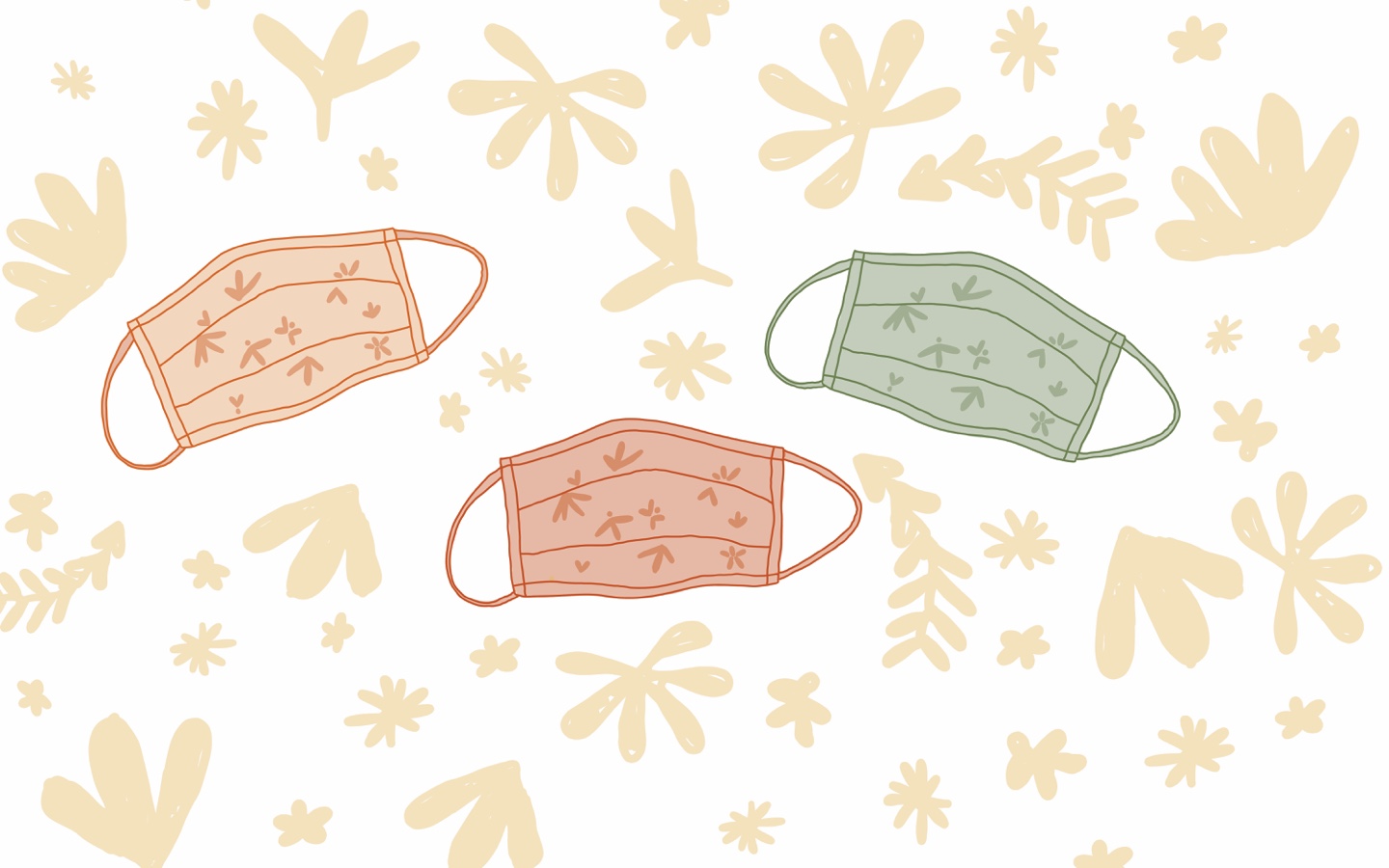
#2 — Incorporate a plastic-free product into your self-care routine
If you pay attention to all the personal products and tools we use every day, there’s a lot of plastic! But we also have so many eco-friendly products you can slowly swap into your bathroom. A few ideas include:
- Partner a bamboo toothbrush with toothpaste tablets
- Swapping out your plastic comb for a wooden hairbrush
- Switch from plastic razors to a traditional stainless-steel razor
- Use soap bars instead of soap or shampoo bottles
- Switch out single-use cotton pads for reusable makeup remover pads
- Trade your plastic sponge for a natural sponge
- Search for beauty products that are packaged in reusable jars
- Create your own natural lotions and face wash
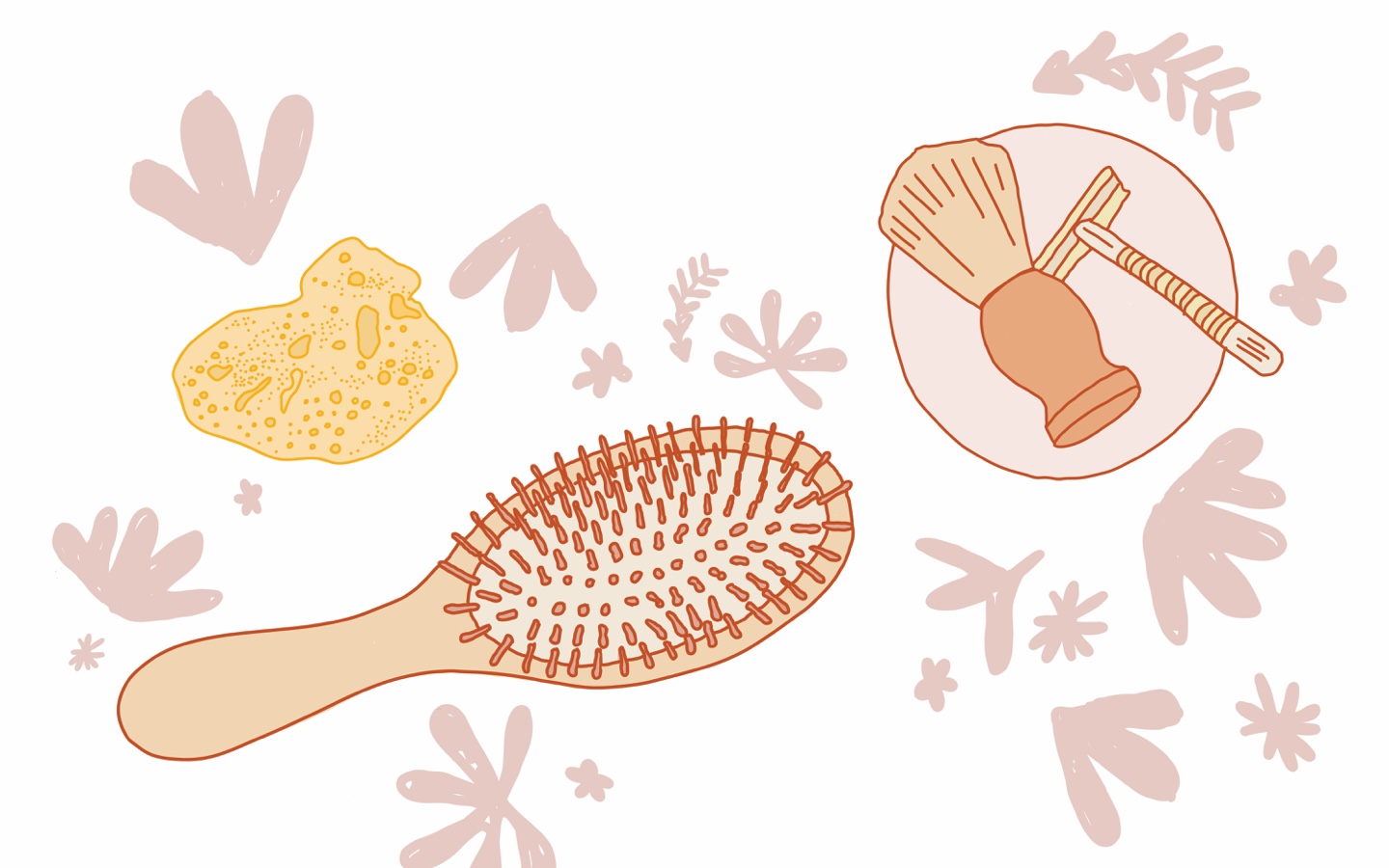
#3 — Learn to mend your clothes
Mending your clothes is an easy way to save your favorite t-shirt or coziest socks. With a sewing needle and some string, you can do many things like adding a button or patch, reattach a strap, fix a hem, and darn a sock. Darning a sock, which is sewing up the heel, can be the most intimidating mend, but it’s easy once you get the hang of it.
By mending, you can increase the longevity of your clothes. This will prevent textiles from ending up in landfills. Synthetic materials such as polyester and lycra can also release harmful chemicals into the air. If any of your clothes are beyond mending, there are other ways to repurpose your fabric such as making a braided rug, sewing your own plush toy, or cutting textiles into rags to use for cleaning around the house.
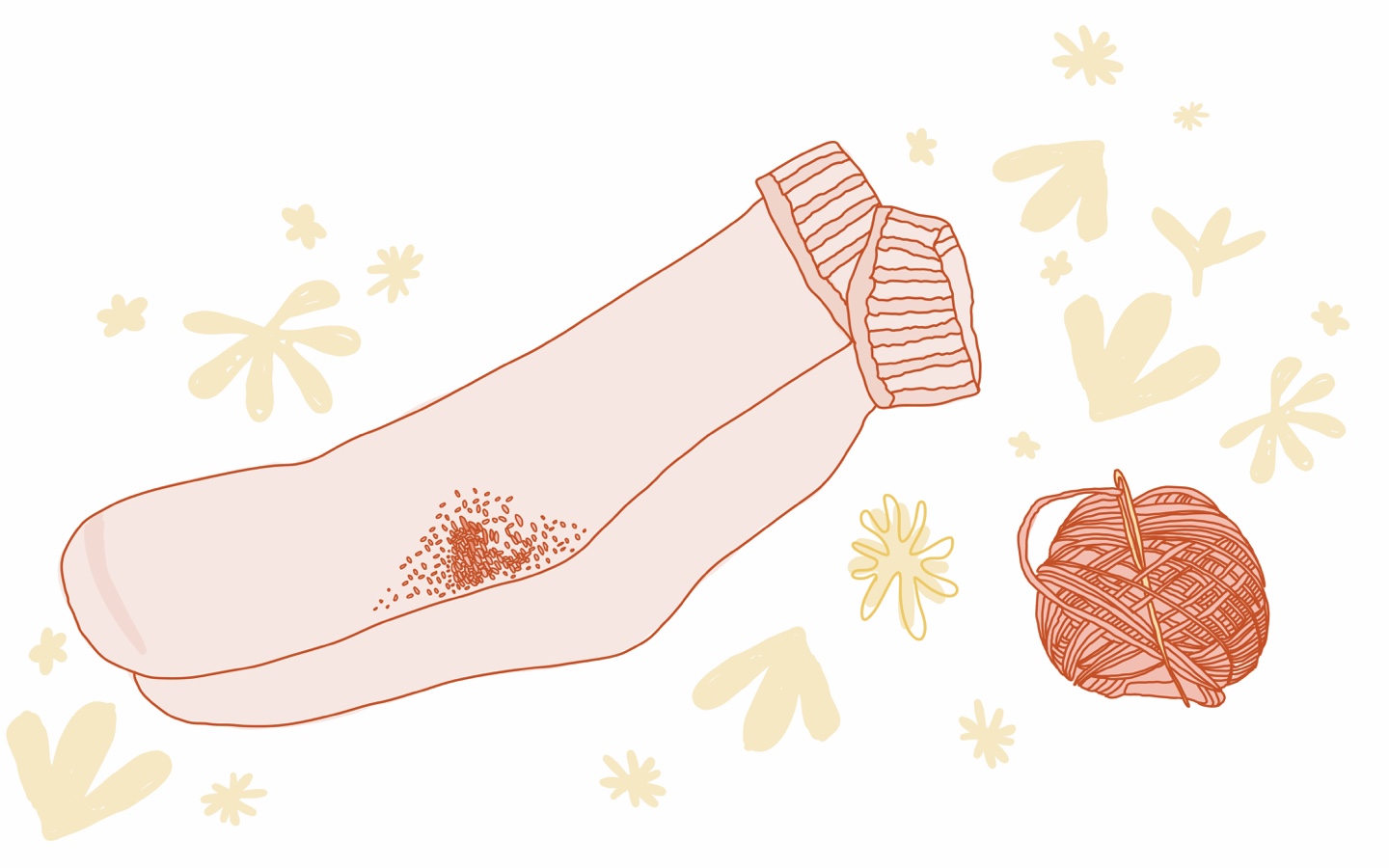
#4 — Make your own a homemade cleaning product
Household cleaning products are full of harsh chemicals that leave toxins in your home, which can be particularly dangerous for children and pets. Homemade cleaners are simple to mix, safe, and effective and killing germs. A great recipe for a natural multi-purpose cleaning product uses ingredients you probably already have around the home:
- ¼ cup of white vinegar
- 1 tbsp baking soda
- 1 liter of hot water.
From there you can either add in a fresh lemon or a few drops of essential oil of your choice.
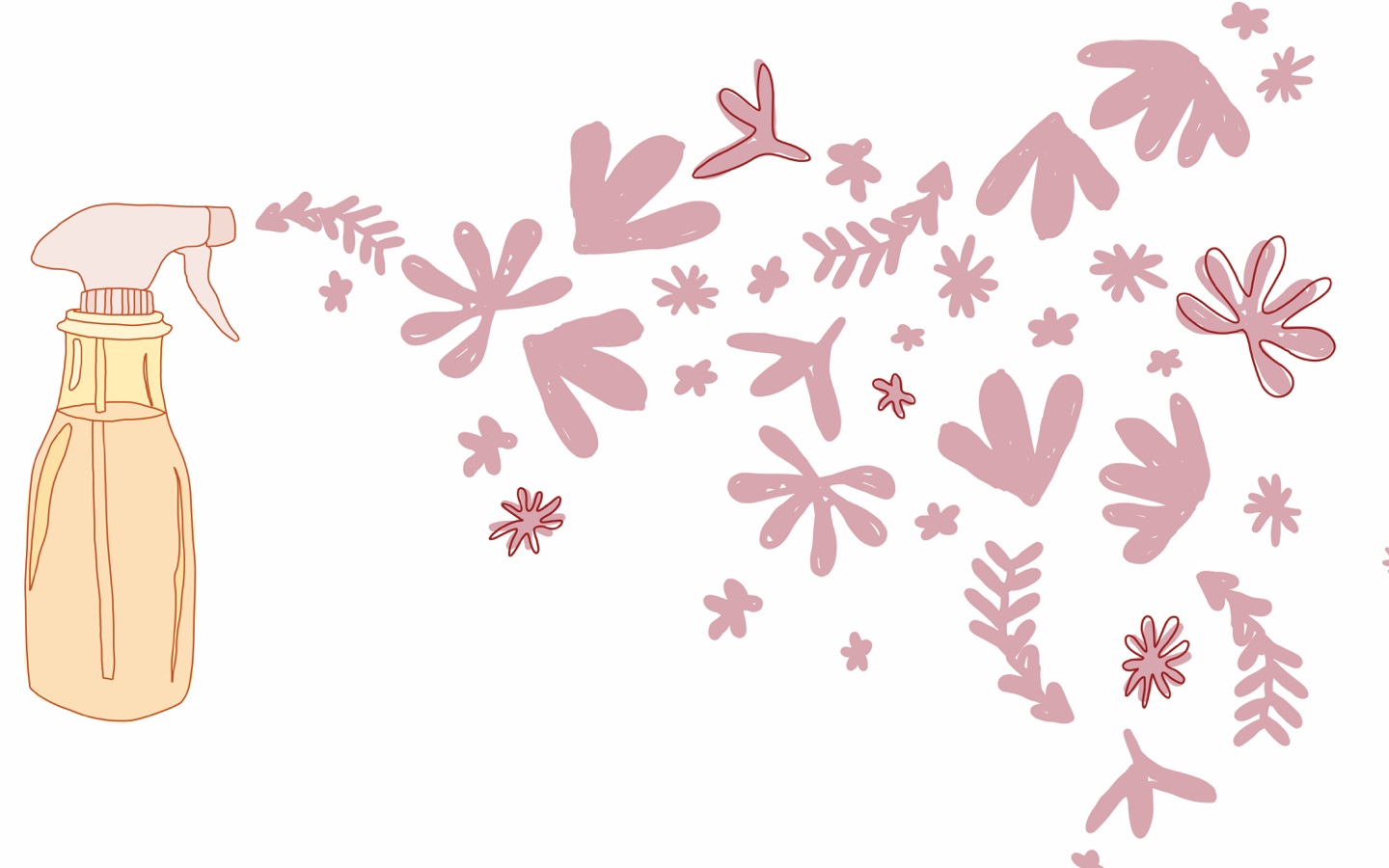
#5 — Shop for Local and Seasonal Foods
It’s no secret that shopping local is more eco-friendly and better for your community. To take it another step, try to shop seasonally. When you shop for foods in season, you know that item didn’t travel too far to get to you. Food that is out of season has most likely been shipped from another part of the world. Out-of-season foods are typically genetically modified to last longer during transport, sprayed with chemicals and preservatives, and create tons of emissions through transportation.
Seasonal food also tastes better and is more nutritious, picked ripe and ready to send to local vendors. Before heading to the store, look up which foods are in season where you live. I guarantee they will cost less, too, as they are local and in abundance.
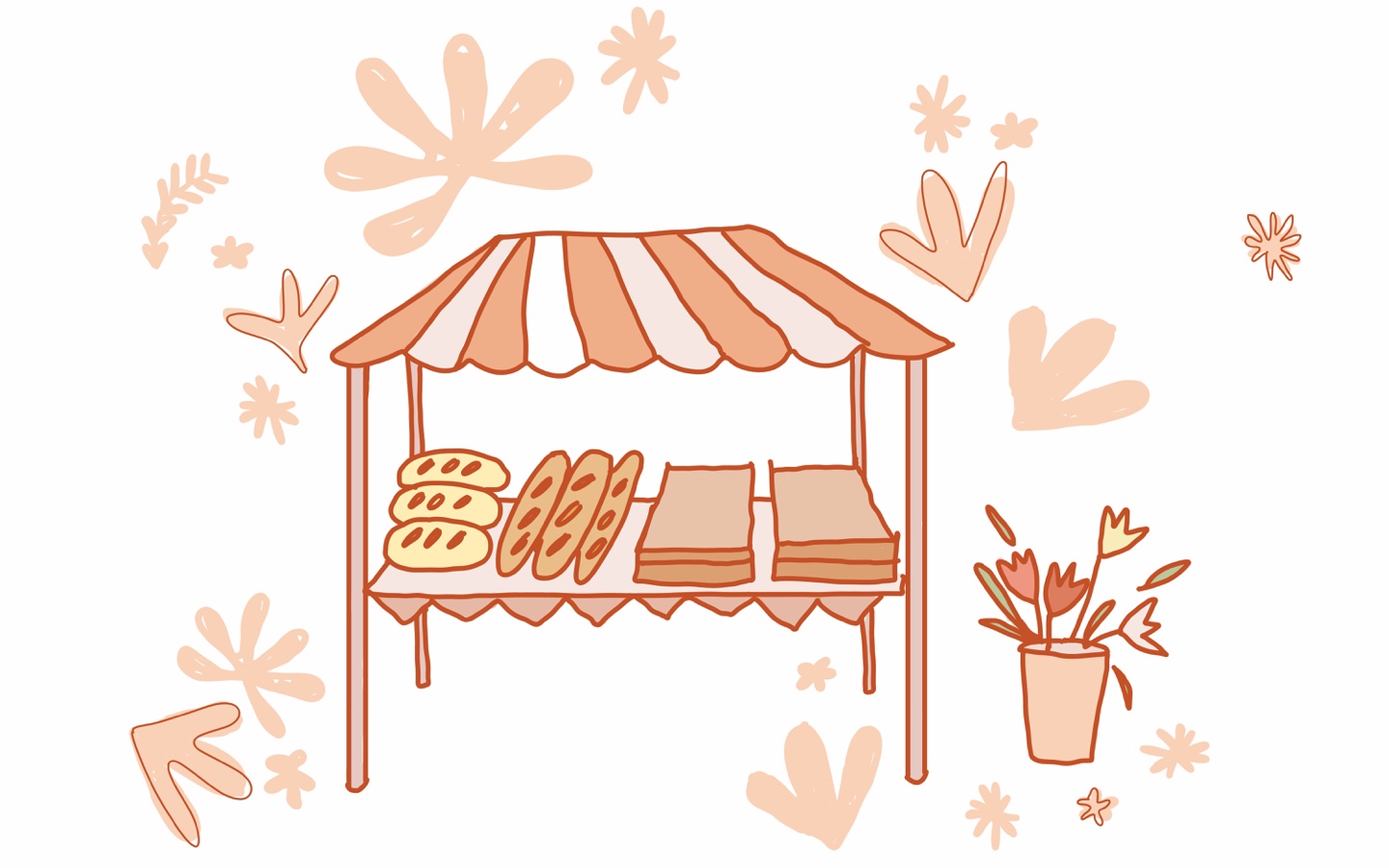
#6 — Make Your Laundry Eco-Friendly
Your laundry room could be filled with VOCs. These synthetic compounds are found in your detergent, fabric softeners, and dryer sheets, which can off-gas into your home and into the air you breathe. It can be overwhelming to swap out all your laundry products. A good start to going eco-friendly in the laundry room is switching your fabric softeners and dryer sheets with wool dryer balls. Most dryer sheets are made from polyester material coated with synthetic compounds and toxic chemicals. Dryer sheets are single-use plastics that do not break down once thrown away.
Using dryer balls reduces drying time by up to 25 percent — significant savings on your energy bill. Avocado’s Organic Wool Dryer Balls are made with their own 100% GOTS organic certified wool. They prevent wrinkles and absorb static while making your clothes and bedding feel fresh and natural. Finally, these dryer balls are biodegradable. When the wool dryer balls have worn out, the organic, natural fibers will decompose.
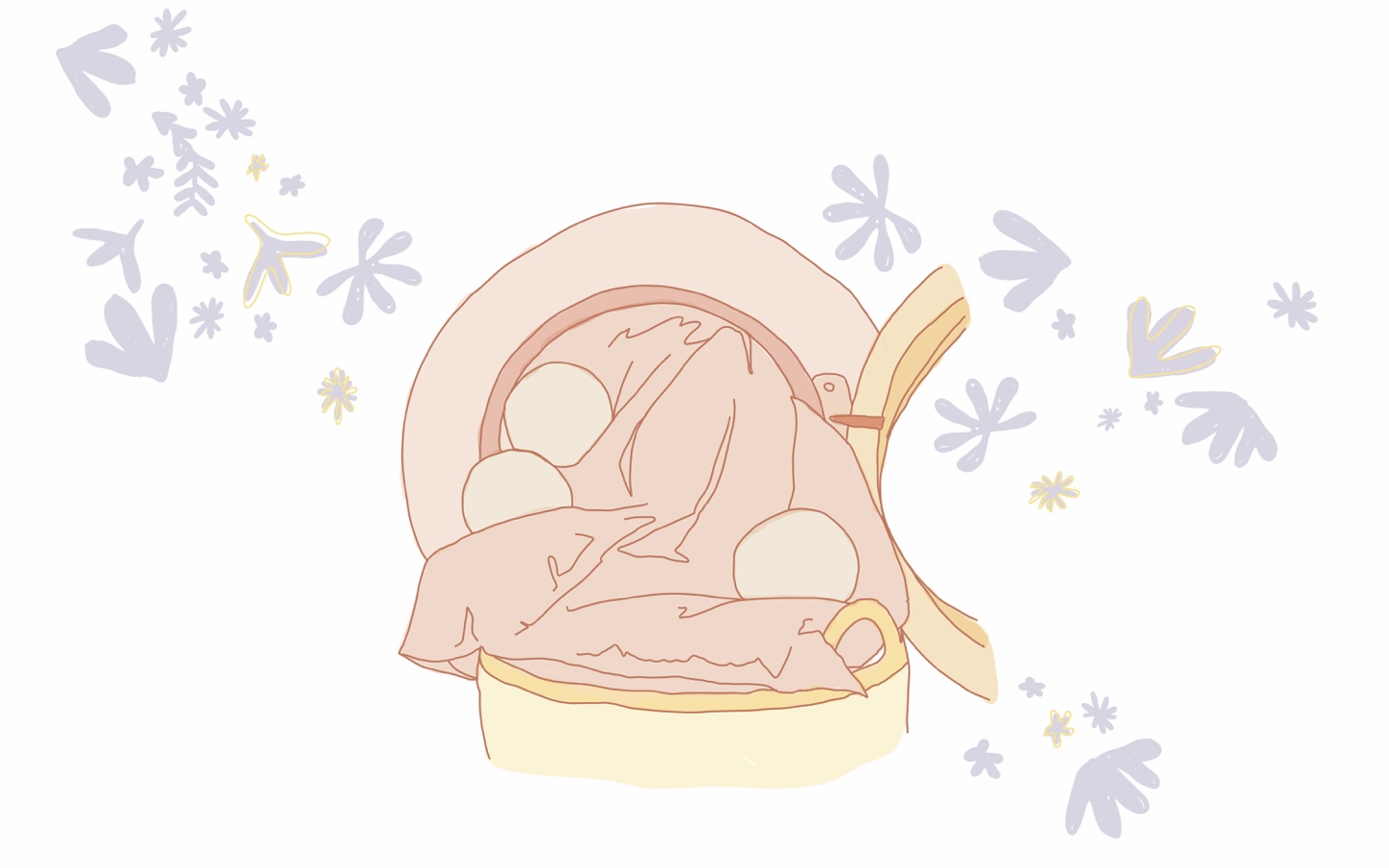

Shop Pillows
The Essential Organic Pillow Collection
Gentle, breathable, non-toxic support.




